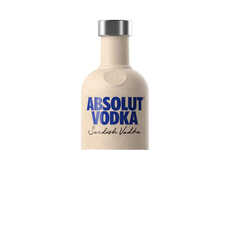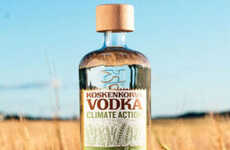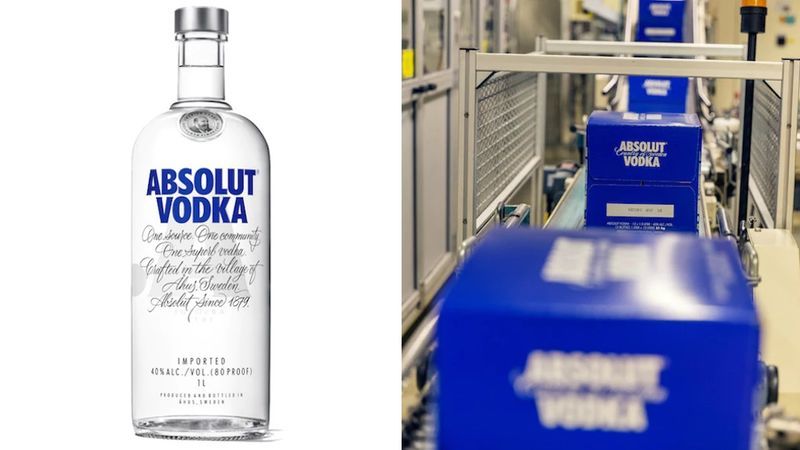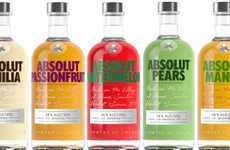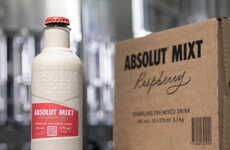
Absolut Vodka's Distilling Process Promotes Sustainability
Jana Pijak — July 8, 2019 — Lifestyle
References: elitedaily
Absolut Vodka's dedication to sustainable practices is showcased through its unique distilling process. The vodka brand is said to control this process carefully "from farm to sip" and creates its premium products in the heart of Åhus --- a small farm town located in Skåne County, Sweden.
"Unlike many brands that buy industrial-grade alcohol to start, Absolut grows its own wheat, ferments the grains, distills the alcohol, bottles it up, and finally, distributes it to buyers around the world," said Absolut Brand Manager Isabel Erlingson. This attention to detail allows the company to monitor each distilling process step, ensuring eco-conscious practices that help reduce its overall carbon footprint while empowering local farmers and communities.
Image Credit: Absolut
"Unlike many brands that buy industrial-grade alcohol to start, Absolut grows its own wheat, ferments the grains, distills the alcohol, bottles it up, and finally, distributes it to buyers around the world," said Absolut Brand Manager Isabel Erlingson. This attention to detail allows the company to monitor each distilling process step, ensuring eco-conscious practices that help reduce its overall carbon footprint while empowering local farmers and communities.
Image Credit: Absolut
Trend Themes
1. Sustainable Distilling - The trend of dedicating to sustainable distilling practices which can reduce the carbon footprint.
2. Farm-to-table Operations - The trend of creating a direct and transparent relationship between producers and customers, from farm-to-sip.
3. Eco-conscious Production - The trend of producing goods in an environmentally-friendly manner that empowers local farmers and communities.
Industry Implications
1. Alcohol Manufacturing - The alcohol industry can benefit from eco-initiatives by following a sustainable distilling process that can set them apart in their brand image.
2. Farming and Agriculture - Farming and agriculture industries can work towards growing their own wheat instead of buying industrial-grade alcohol to support sustainable alcohol manufacturing.
3. Consumer Packaged Goods - Consumer packaged goods companies can focus on eco-conscious production manufacturing methods for producing their products to meet the changing consumer demands of now.
4.7
Score
Popularity
Activity
Freshness


